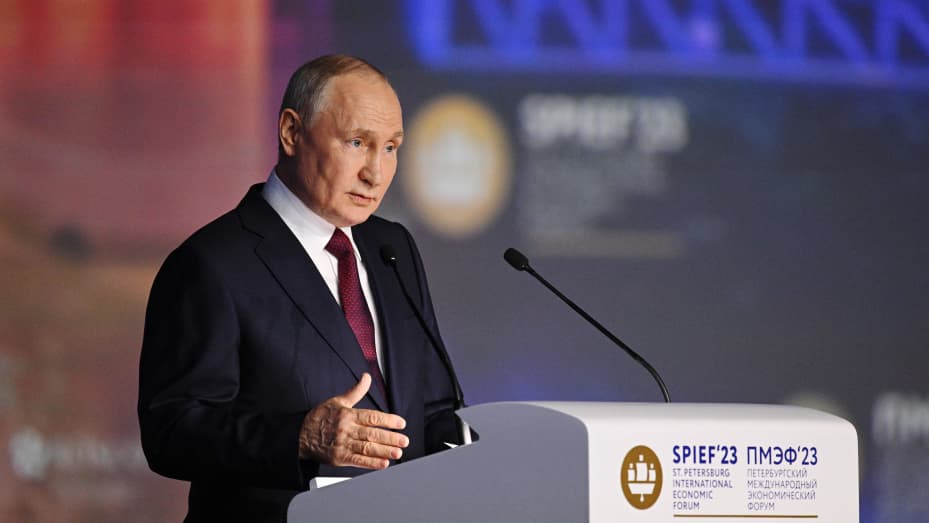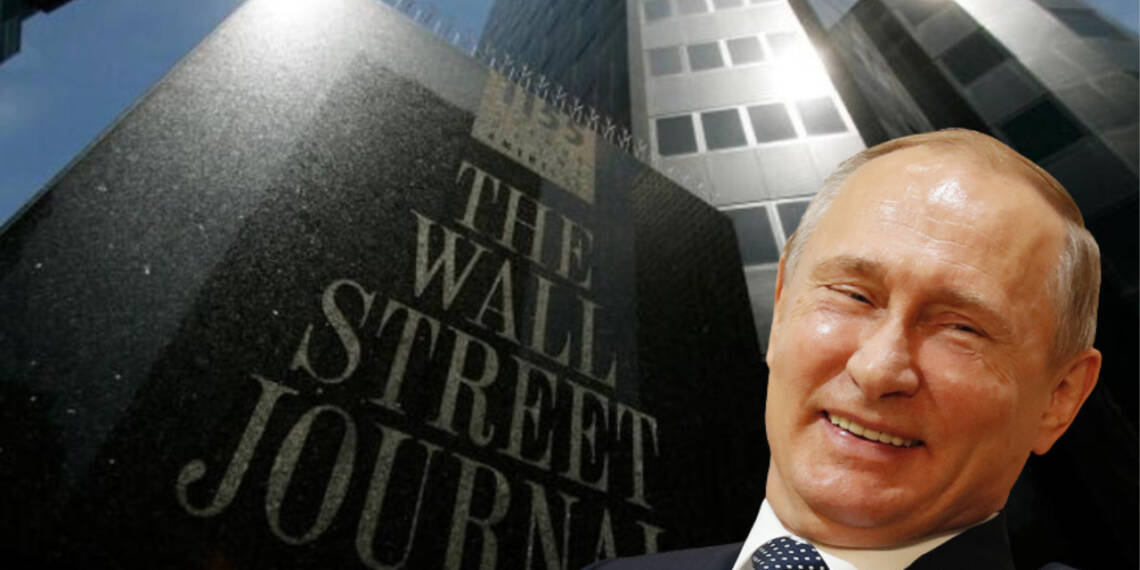In a grand display of irony, the Wall Street Journal (WSJ) has taken a peek through the magnifying glass at NATO’s ongoing sanction war against Russia, only to declare Russia the unequivocal victor in this high-stakes game of economic chess. If only NATO’s strategy had been as effective as its grandiose rhetoric.
The Curse of Self-Inflicted Wounds
The Financial Times recently reported that the European theater of this economic showdown has become something of a tragicomedy, with European companies losing a staggering €100 billion since the conflict in Ukraine ignited. It seems that while the world was eagerly anticipating Russia’s economic downfall, the actual victims turned out to be Europe’s own corporations and economies.

Energy companies like BP, Shell, and TotalEnergies were dealt the harshest blow, losing a collective €40.6 billion in the name of sanctions.
Read More: This is just the beginning; Europe’s gas woes will exacerbate in 2023
Dances with Diplomacy: Sanctions vs. Sense
In a tragic dance of diplomacy, it appears that the EU’s industries have been the ones left with two left feet. Rising energy costs have taken their toll since the inception of sanctions, and it seems Europe’s industries are the unwilling partners in this ill-choreographed tango. The International Energy Agency (IEA) points fingers at declining industrial production in the European bloc as the culprit behind the crisis.
Europe’s power woes don’t stop at economic troubles. The EU’s electricity consumption has hit its lowest point in two decades, a concerning plunge of 3%. The culprits? EU industrial production woes and an unexpected drop in Germany’s output, a country heavily reliant on Russian energy.
Sanctions’ Symphony: A Discordant Tune
As the crescendo of Europe’s economic suffering reaches new heights, it begs the question: why persist with self-sabotaging sanctions? Even the WSJ has conceded that targeting Russia’s economy has been about as effective as a screen door on a submarine. With the IMF projecting Russia’s growth at 1.5% by 2023 and experts attesting to the futility of isolating a nation of such scale, one can’t help but wonder if the West should’ve taken a moment to consult an economics textbook before wielding sanctions like a blunt instrument.

Read More: Did Russia turn into a $15 trillion economy overnight?
Russia’s Unshaken Resolve
And yet, against all odds and economic predictions, Russia stands unscathed. A year and a half after NATO’s mighty sanctions push, the Russian economy remains resilient, if not outright thriving. Meanwhile, Europe finds itself mired in the irony that it’s largely contributing to its own economic downfall. The self-inflicted wounds have left many pondering whether Europe’s grand experiment in sanctions is more akin to a slapstick comedy routine than a strategic economic maneuver. The punchline? Russia may well be the one laughing all the way to the bank.
Watch More:








